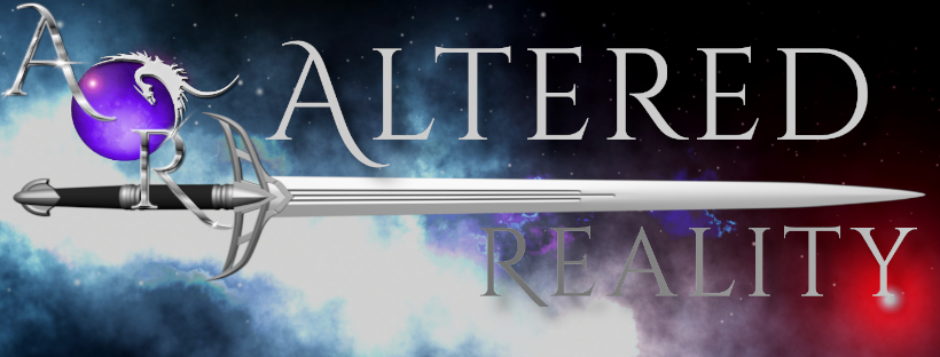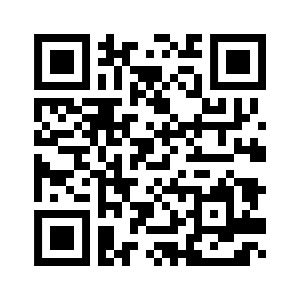Ghosts In The Machine
David Barber
They were my first visitors since arriving here; what pass for priests in this benighted world. I am writing down what happened, with its guilty conclusion, before the sense of it escapes me.
The smaller, squatter of the pair wore a silver ring dangling from a chain, and a similar circle decorated his tall hat. Perhaps these mustard-coloured robes were the infrequently worn vestments of his trade. Certainly, creases still quartered the cloth and a powerful smell of moth balls gusted from him.
Something about his down-turned mouth reminded me of a frog. Which, considering the continued devolution of his parishioners, might not be fanciful. His silent companion dressed like a monk. His eyes gleamed beneath his cowl.
I saw curiosity turn to disappointment as I led them down hallways strewn with fallen plaster, beneath water-stained ceilings, and past casements empty of glass. I have become accustomed to my poverty, they clearly expected something more.
“You have no servants then?” wondered the frog priest.
“The villagers refuse to work here.” I did not add that I cultivated this as a defence superior to bars and locks.
“They hear stories,” he suggested. “And do not understand.” He glanced for approval at his forbidding companion. “We suppose you studied the Mysteries in your own country.”
They had no idea how far I had come, but had no monopoly on ignorance. If I understood all that had befallen me, I would know how to escape it.
“The mysteries?”
“Of the Circle.”
He said more of the like, and I deduced his religion aimed to limit the chaos in this world; small magics were sanctified so that larger sunderings might be avoided.
“Fool!” his hooded companion hissed. “Do you not see he dissembles?”
The monk pointed at me, a long thin finger, a dirty fingernail. “You know nothing of the Mysteries. What dread arts do you practice here?”
“A misunderstanding,” intervened the frog, wringing his moist hands at the enormity of my misunderstanding. “The villagers are changed. Those that can still speak are fearful.”
“Fearful?”
“Of what you do here.”
This world had sniffed me out, and soon it would be pitchforks and torches. Though perhaps I might still warn them away, so I led them down dark steps to my laboratory. Behind me, the priest held up his circle like a candle against the unknown.
Surely they could not have guessed what awaited them. A water wheel turning a coil between magnets, only waiting for me to close the switch. A spark snapped between carbon rods and electricity garishly lit my labours.
And there gleamed my travelling machine, sleek and silvered, a marvel, except that it no longer worked.
Elsewhere I have speculated how the physics of this reality is subtly changed. My machine brought me here, but is not able to leave. It seems synchronicity is as important in this world as causality in my own. Specific words must be uttered and appropriate acts performed. Their civilization rested upon a multitude of these magics. But it was not the certainty of science.
The monk was made of sterner stuff than his companion. He peered at the papers on my desk – log tables, calculated by hand as protection when I first realised my plight – and recoiled as if from a snake.
“Black logic!”
He turned on me, eyes blazing and began to chant prayers or curses. He brandished his own silver circle and spittle flew from his mouth.
For a moment I was taken aback, but it was as I suspected. Whatever mischief his spells intended, they were harmless inside this fortress of order. I waited impatiently for this to dawn on him, but he would not stop spouting nonsense!
These people rightly feared what they called black logic. Terrible consequences followed every science experiment. When uncertainty was strangled in one place, appalling volcanoes of chance erupted elsewhere.
In return I began to declaim logarithms to four figures like lines from Milton, and the damp anxieties of the priest grew muffled, and the hectoring voice of the monk dwindled away. I recited until I grew hoarse.
If there were ten of me, I could invent the telegraph, the electric bell, steam engines, radio. I could be this world’s Tesla, Maxwell and Edison, and still not have even fashioned the tools I needed.
I should have abandoned this place, with its guilty reminder of what I did, but it would mean beginning all over again elsewhere. I know there is no hope of my machine returning home. Or only hope. Yet what else can I do?
In a certain light they are still visible, fixed like faint reflections in a window. Experiments show that solid objects meet with no resistance, but I am squeamish and have moved my travelling device so I will not inadvertently walk through the ghosts in the machine.
The End
![]()





